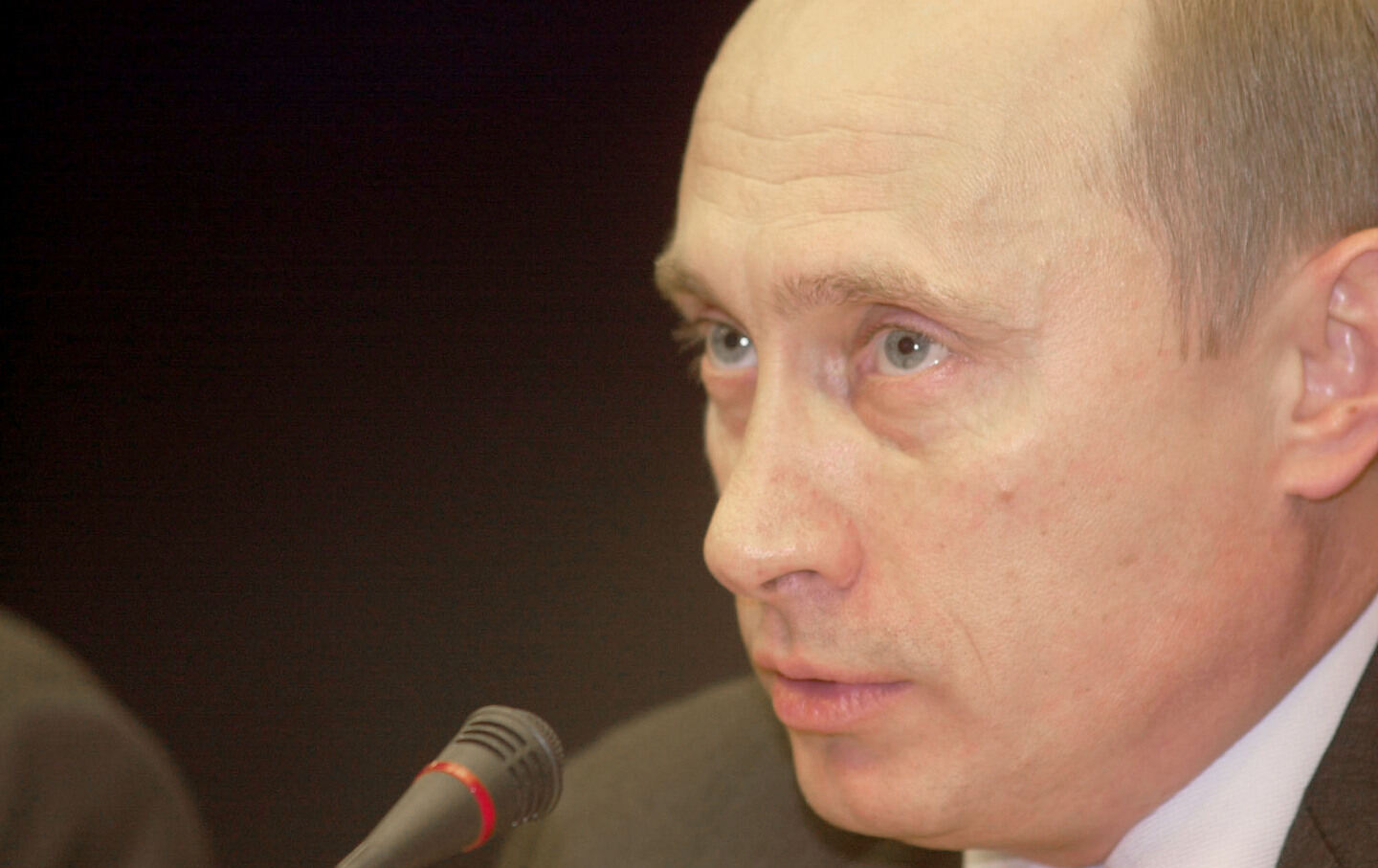The Cold War’s Afterlife, Part 2
On this episode of American Prestige, more of our conversation with Penny Von Eschen.

Here's where to find podcasts from The Nation. Political talk without the boring parts, featuring the writers, activists and artists who shape the news, from a progressive perspective.
On this episode of American Prestige, Danny and Derek again chat with Penny Von Eschen, William R. Kennan Jr. professor of American studies and professor of history at UVA, about her book Paradoxes of Nostalgia: Cold War Triumphalism and Global Disorder since 1989. This second part of the conversation picks up with Cold War nostalgia in American pop culture, the 90s search for a new “bad guy” in places like DPRK/North Korea and the Balkans, the “kitschification” of the Cold War, ways this nostalgia manifested throughout the War on Terror, how U.S.-Russia relations were reshaped in the 1990s and 2000s, and the influences of this refracted view of the Cold War on the “New Cold War” dynamic we’re seeing today.
Advertising Inquiries: https://redcircle.com/brands
Privacy & Opt-Out: https://redcircle.com/privacy

Russian President Vladimir Putin speaks at a press conference following the EU-Russia summit on November 11, 2002, in Brussels, Belgium.
(Paul O'Driscoll / Getty Images)On this episode of American Prestige, we’re back with Penny Von Eschen, William R. Kennan Jr. Professor of American Studies and professor of history at UVA, about her book Paradoxes of Nostalgia: Cold War Triumphalism and Global Disorder since 1989. This second part of the conversation picks up with Cold War nostalgia in American pop culture, the 1990s search for a new “bad guy” in places like DPRK/North Korea and the Balkans, the “kitschification” of the Cold War, ways this nostalgia manifested throughout the War on Terror, how US-Russia relations were reshaped in the 1990s and 2000s, and the influences of this refracted view of the Cold War on the “New Cold War” dynamic we’re seeing today.
Listen to Part 1 here.

Here's where to find podcasts from The Nation. Political talk without the boring parts, featuring the writers, activists and artists who shape the news, from a progressive perspective.
On this week's American Prestige news roundup: 2024 is officially the hottest year on record (0:57), particularly because the Arctic is no longer a carbon sink, but rather a net carbon emitter (2:40); regarding the situation in Syria, an update on the political transition (5:16), renewed fighting between the SDF and Turkish proxies (10:56), and Israel makes a land grab for an extended "buffer zone" (15:01); in Israel-Palestine, Hamas makes a major ceasefire concession (18:22); rebels in Myanmar seize the Bangladesh border (21:29) while other factions call for a ceasefire (22:51); President Yoon of South Korea survives his first impeachment vote and chaos ensues (24:30); Ethiopia and Somalia strike a deal to settle their recent tensions (30:14); in Russia-Ukraine, Trump's demand for a ceasefire panics Zelenskyy (33:22); Romania's constitutional court annuls the first round of its presidential election (37:14); an armed group commits a massacre in Haiti (40:25); and the Biden administration is building migrant detention facilities (42:00).
Advertising Inquiries: https://redcircle.com/brands
Privacy & Opt-Out: https://redcircle.com/privacy
